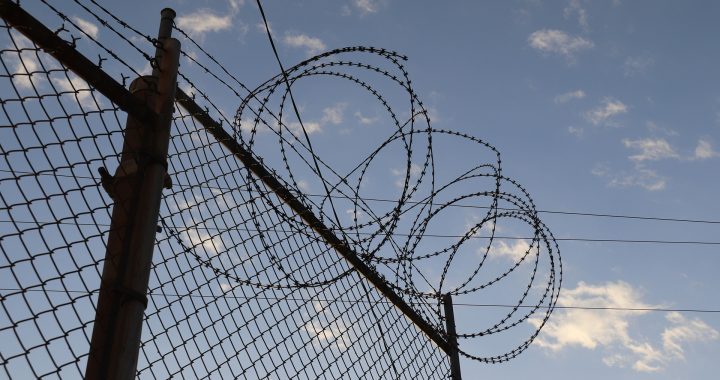Members of a First Nation in Ontario say they plan to continue the relocation of an endangered herd of caribou off a remote island where they’re being slaughtered by wolves.
The Michipicoten First Nation is working with the Ministry of Natural Resources and Forestry to move up to nine caribou from Michipicoten Island in Lake Superior to Caribou Island, near the U.S. border, by helicopter as soon as the weather permits.
The latest effort comes after the province relocated nine caribou in mid-January to a different location – the Slate Islands.
The caribou population on Michipicoten Island had been decimated by wolves that made their way there several years ago using an ice bridge. The ministry feared the entire herd would be wiped out if they didn’t intervene with the move to the nearby Slate Islands.
Leo Lepiano, the land resources manager for Michipicoten First Nation, said his community has been pushing the government to create a “backup” population out of fears the caribou on the Slate Islands would also be at risk since there had been at least one wolf on the islands as recently 2016.
“We just hope there is enough time to capture the caribou before the wolves get all of them,” Lepiano said.
Right now, the weather – snow, wind and low-hanging clouds – is presenting a major obstacle to the relocation effort.
Lepiano said crews went out on Tuesday afternoon, during a few hours of clear weather, and only spotted a handful of caribou in an area where the helicopter was unable to land.
They also found three caribou in another area, but couldn’t drive the animals out into the open where a crew member in the helicopter could fire a net to trap them, Lepiano said.
The caribou population on Michipicoten was considered a conservation success story after the caribou herd grew from eight animals – brought to Michipicoten Island in 1982 – to near 700 before the wolves arrived in either late 2013 or early 2014.
Four wolves made the trek across an ice bridge that formed that winter. They have since bred, growing the pack that has been systematically hunting down the caribou. The ministry said the Michipicoten population has dropped to about 100 animals as of last year, mostly due to wolf predation.
But the Michipicoten First Nation has suggested the number of caribou had actually dropped to about 30 around mid-January.
Caribou Island is owned by an American foundation that has given its permission for the planned relocation. The island sits in the middle of Lake Superior, far from any shore, and is free from predators such as wolves.
“It’s so remote that it’s impossible for wolves to get there,” Lepiano said.
Jolanta Kowalski, a spokeswoman with the ministry, said the second relocation was the First Nation’s idea, one that she called “prudent.”
“It’s another spot where a population could take hold,” Kowalski said.










